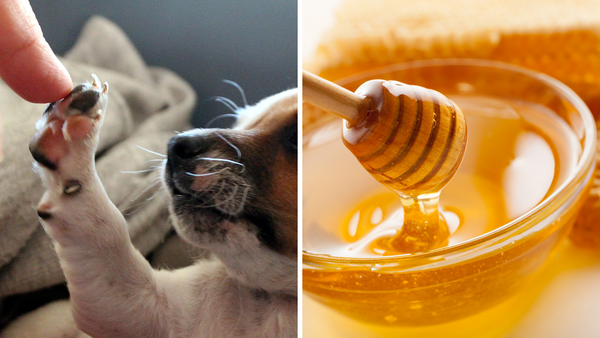Dogs are social animals and as such, they often crave human companionship. For this reason, it is not uncommon to see dogs becoming anxious when left alone by their owners. While some level of anxiety is normal, some dogs can experience excessive and persistent anxiety when separated from their owners.
Causes of Separation Anxiety in Dogs
There are several factors that can cause separation anxiety in dogs. One of the main causes is a lack of proper socialization during the early stages of the dog's life. Other factors that can cause separation anxiety include the death of a companion pet or human, a change in the dog's environment, and a history of neglect or physical abuse. Additionally, dogs that are highly attached to their owners are also more prone to separation anxiety.
Symptoms of Separation Anxiety in Dogs
The symptoms of separation anxiety can vary from dog to dog. Some of the common signs of separation anxiety include excessive barking or whining, destructive behavior such as chewing or scratching, pacing or running in circles, and inappropriate elimination. In severe cases, dogs may hurt themselves in an attempt to escape confinement or display signs of panic such as drooling or panting excessively.
Managing Separation Anxiety in Dogs
If you suspect that your dog has separation anxiety, it is important to seek the help of a veterinarian or a certified animal behaviorist. They can help develop a management plan that is tailored to your dog's individual needs. Some of the management techniques that may be recommended include desensitization and counterconditioning exercises, providing your dog with plenty of exercise and mental stimulation, and using calming products such as pheromone diffusers or anxiety vests.
Medications for Separation Anxiety in Dogs
In some cases, medications may be prescribed to help manage separation anxiety in dogs. These medications are usually in the form of antidepressants or anti-anxiety drugs and work by altering the chemical balance in the brain to reduce anxiety levels. It is important to note that medications should never be used as the sole treatment for separation anxiety and should only be used in conjunction with other behavior modification techniques.
Prevention of Separation Anxiety in Dogs
Prevention is always better than cure when it comes to separation anxiety in dogs. Proper socialization and training from a young age can go a long way in preventing separation anxiety. You should also ensure that your dog gets plenty of exercise and mental stimulation to minimize boredom and anxiety levels. Lastly, try to make your departures and arrivals as low key as possible to reduce your dog's anxiety levels.
Separation anxiety is a common behavioral problem in dogs that can cause distress to both the dog and the owner. Understanding the causes, symptoms, and possible treatments for separation anxiety is key to managing the condition. If you suspect that your dog has separation anxiety, it is important to seek the help of a professional to develop a management plan that suits your dog's individual needs. With proper management, most dogs with separation anxiety can learn to cope with their anxiety and lead a happy and healthy life.
Let's Connect on TikTok
@susan.broussard








Member discussion